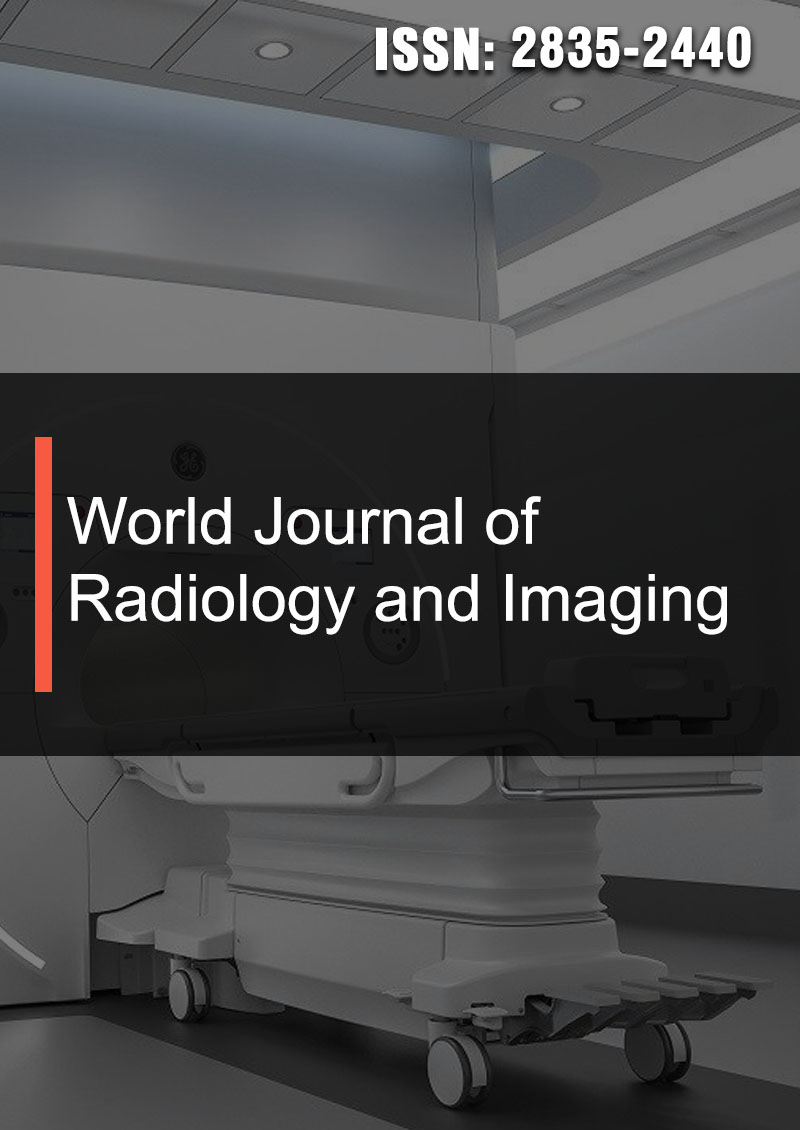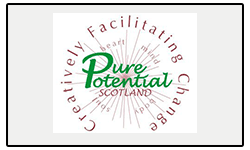Dietary Calcium Intake and Associated Factors Among Pregnant Women in Loma District, South West Ethiopia, 2020
Abstract
Adisu Hailu Tofu, Yibeltal Kassa, Damene Darota Amamo
Background: Low dietary calcium intakes could cause harmful effects to the pregnant woman by influencing pregnancy outcome. Adequate intake of dietary calcium during pregnancy reduces the risk of complications and aids in improved birth outcome. Many researchers focus on urban areas to address the issue and our study was focused on rural community. Hence the study is aimed at assessing dietary calcium intake in rural communities.
Objective: To assess the dietary calcium intakes and associated factors among pregnant women in Loma, south west Ethiopia from May to July, 2019
Methods: -A community based cross-sectional study was conducted in Loma district, Dawuro zone, southwest Ethiopia. Data were collected from 398 pregnant women after random selection from nine kebeles. Simple random sampling technique was employed to select study subjects. Socio-economic and demographic, and health related data was collected using structured, interviewer administered, and pre tested questionnaire. The 24 hr dietary recall was used for three different days with seven days interval as per the recommendation. When dietary data is collected, often it was converted into nutrients, especially the calcium intake by using Ethiopian food composition table. Collected data was checked for completeness, and entered in to Epi Data version 3.02 for data clearance and exported to SPSS version 20 for analysis. AOR with 95% C.I results of multivariate logistic regression was used to assess the statistical significance of associations between independent and dependent variables. The level of statistical significance was declared at p <0.05.
Result: The median calcium intake was 543mg per day. From 398 participants, 265(66.6%) were at risk of inadequate intake of calcium. Greater than half 249 (62.6%) respondents had practiced avoiding calcium rich food during their pregnancy. The finding of this study identified that nutritional counseling have strong statistical association with dietary calcium intake of mothers during pregnancy. The chance of dietary calcium intakes during pregnancy who were received nutritional counseling 2.4 times higher than those who were not received nutritional counseling (AOR=2.432 95% CI: 1.072-5.517).
Conclusion and recommendation: From the present study, it can be concluded that, majority of pregnant mothers 265(66.6%) had a poor dietary calcium intakes during their pregnancy. It is recommended that consumption of enough calcium and dairy products should be included and emphasized in the nutrition education component of maternal health programs.




